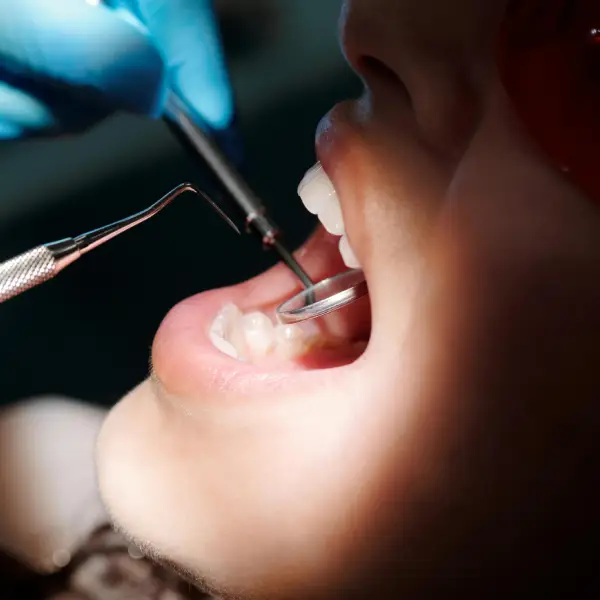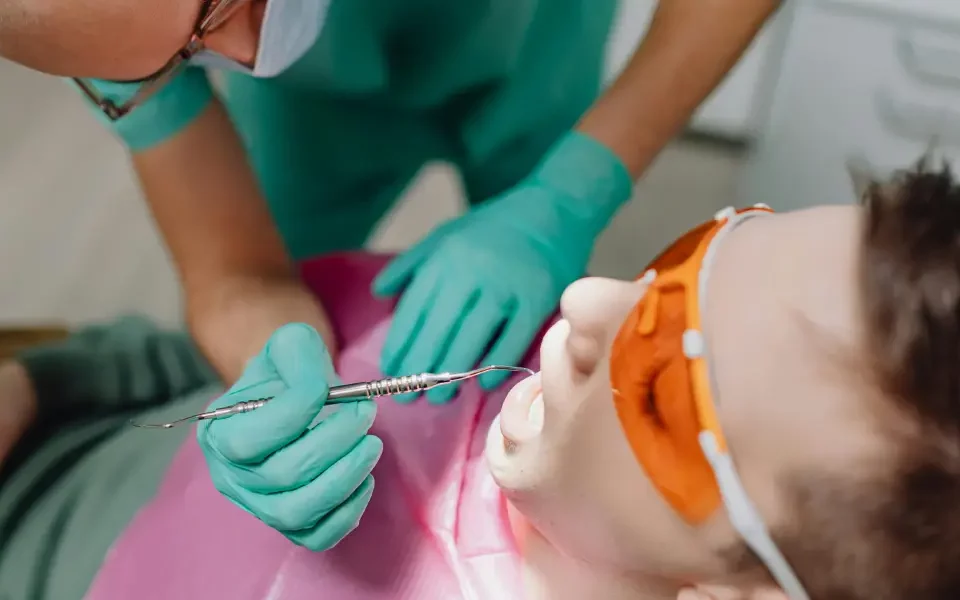
Root canal treatment: What you need to know
April 1, 2021
Dentures and their amazing benefits
June 9, 2021
Dental care should incorporate all aspects of the oral cavity, not just your teeth. Even though teeth are the main area of focus in dentistry other areas like the gums and the jawbone require just as much attention.
A problematic jawbone is not a common dental condition, but it happens to many patients across the world. Such problems can prove as limiting to the optimal functionality of your mouth, more so if there is severe damage thereof.
What Is TMJ? It is an acronym used to refer to the temporomandibular joint. It is a connective tissue in your face that connects the jawbone of your mouth to the skull. When the joint is dysfunctional it affects the movements of the jawbone, hence the functionality of your mouth. The disorder related to a defective temporomandibular joint is called TMD or commonly, TMJ.
This condition happens to many patients, even though very few people know about it. Unfortunately, many of the patients that seek TMJ treatment from dentists in Dallas, TX, do so when the condition is severe and rather urgent. In such cases, it is a dental emergency that requires urgent dental care.

Do you have TMJ dysfunction?
Ideally, only a dentist near you can substantially determine whether or not you have a disorder of your jawbone and its connective tissue. However, if you have any of the following symptoms, it should be reason enough for you to go get checked:
1. Pain in your jawbone
2. Difficulty chewing, yawning, and speaking
3. Jaw lock – your upper and lower jaw are stuck in the open mouth position
4. Swelling on either side of your cheeks
5. Migraine headaches
6. Cranking sounds and tingling sensation in your ears, especially when you move your mouth
Important facts about TMJ treatment
1. Teeth grinding is not the only cause of TMJ – many patients that have TMJ dysfunction have bruxism, which is excessive teeth grinding. However, that is not the only reason why your joint may be dysfunctional. Some problems like arthritis or even a traumatic facial injury can cause this disorder. Further, for some patients, orthodontics problems like an improper bite can be the reason for the TMJ dysfunction. This is why you need your dentist, to properly underline the cause of your disorder and find the most suitable treatment.
2. It can resolve on its own – in some cases, you may not need to visit a dentist near you for TMJ. If the cause of the disorder is poor sleeping posture, for example, if you adjust your sleeping position, the discomfort on your jawbone should wear off in a couple of days. This is why many patients do not know when they have TMJ disease.
3. It is hard to diagnose TMJ – while dental experts of TMJ treatment in North Dallas have their way around this disorder, it is a difficult one to diagnose, especially without a thorough dental exam. Many of the symptoms of TMJ are not directly related to the joint itself. You are likely to suffer pain, swelling, and tenderness in the surrounding areas of your face, and not necessarily around the joint. In that case, you may dismiss TMJ as a mere headache or an allergic reaction. This is why you need to talk to your dentist in North Dallas, TX when you have several persistent symptoms related to and revolving around your oral cavity.
4. Surgery may be necessary – TMJ is a potentially severe dental problem, especially if the cause involves a traumatic injury or excessive teeth grinding. If left untreated, the disc in the affected joint can be completely displaced or damaged, hence requiring surgery to correct the issue. While surgery is not the number one go-to treatment when TMJ is diagnosed, it is a possible result of complex TMJ disorder.
5. Stress works against your treatment – TMJ dysfunction is usually aggregated by stress. When under treatment for the disorder, your dentist will advocate for lifestyle adjustments that alleviate your stress levels. Some patients are even put on antidepressants to help improve their mood during their treatment. Technically, stress causes you to clench your face more often than not. This adds pressure and tension to the TMJ and the facial muscles, working against the essence of the treatment.
What to learn more about TMJ Treatment?
Call us now to schedule a consultation with our dentist near you. You can also visit our dental clinic if you are residing in Melshire Estates, Russwood Acres, Yamini Drive, Turner Way, Yorkshire Drive, and nearby communities.



